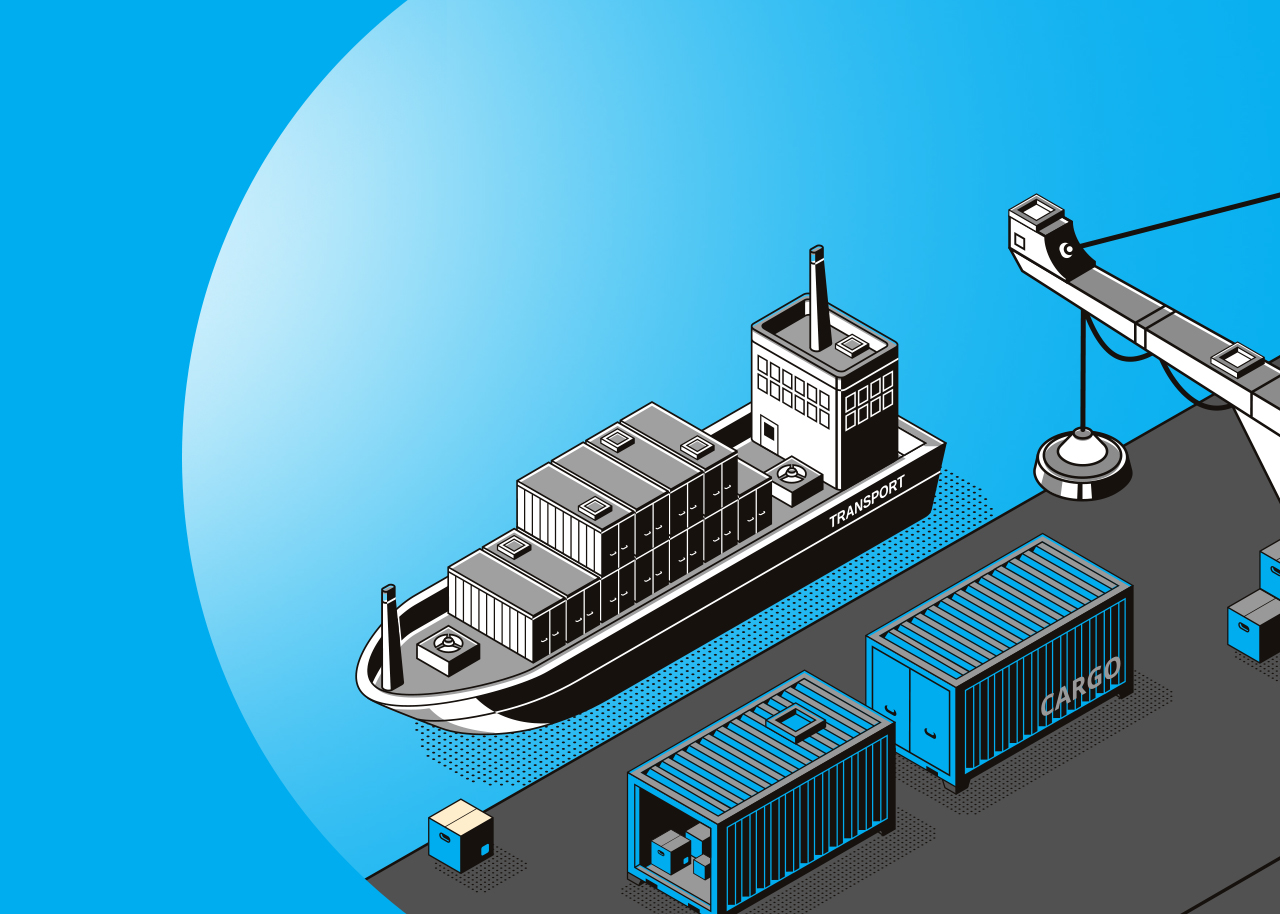Cooperative Banking
Cooperatives
Cooperatives and Coopbank
Cooperatives are people-centered enterprises owned, controlled and run by and for their members to realize their common economic, social, and cultural needs and aspirations (ICA). The cooperative movement began in Europe in the 19th century, primarily in Britain and France, and now a days the cooperative movement is far for being a negligible phenomenon, at least 12% of humanity is a member of any of the 3 million cooperatives on earth. Cooperatives vary depending on the service offered and the way that the members are organized; and the major ones are producer or marketing cooperatives, consumer cooperatives, housing cooperatives and financial cooperatives, among others.
Cooperative Bank of Oromia, also abbreviated as Coopbank, is the first bank of its kind in Ethiopia with a unique business model and ownership structure. Majority of the bank’s shareholders belong to the famers-owned cooperatives, and currently there are 5,212 cooperatives making about 67%+ of the bank’s paid-up capital. Not only does the bank’s brand and identity embeds the values of cooperatives and togetherness but also serving this segment and rooting its foundation in the communities remains a core mission of the bank.
Coopbank endeavors to address financial needs of cooperatives and individual farmers through its branches dispersed in a rural towns and outlets, and has been helping to fill gaps that others has disregarded. The bank has become a real ally to the food and agriculture sector through financing the production, marketing and processing of agricultural goods up to the final consumers. The bank moreover aspires to enhance its involvement in agricultural value-adding financing so as to strengthen and transform the cooperative movement and agricultural production. Adhering to one of the basic principles of cooperatives, the bank has a dedicated unit and operating model which enables it provide capacity building services to cooperative leadership and employees.
Cooperatives Customers Served by the bank;
- Coffee producer cooperatives
- Grain marketing cooperatives
- SACCOs (Financial cooperatives)
- Consumer cooperatives
- Apiculture cooperatives
- Housing cooperatives
- Horticulture cooperatives
- Dairy cooperatives
- Livestock cooperatives
- Forestry cooperatives, and others
Requirements
Requirements
The following documents are required to be fulfilled by cooperatives to open a local currency accounts (demand and savings accounts).
- Certificate of registration issued by the appropriate organ. If a cooperative is under the process of formation, a letter of authority from the respective organizing body is required.
- Approved and registered rules and regulations of a cooperative with each page bearing official stamp of the registering body and a cooperative.
- Minutes of members’ resolution at the last general assembly. In case it’s under the process of formation, a letter of intent signed by all members.
- A letter of request by the chairperson to open and operate current account;
- Valid and renewed ID of authorized person/s.
- Support letter from concerned government organ
- Article and memorandum of associations.
Intended Impact of Coopbank’s Advisory Services
Intended Impact of Coopbank’s Advisory Services
Since its establishment, as per its mission and core value of concern for community, the bank works with emphasis to the socio-economic empowerment of the communities through collaboration with community based organizations, cooperative organizers and other partner. In doing so, the bank intends to;
- Improve financial inclusion and financial literacy especially in the rural areas;
- Strengthen governance and management of cooperatives through capacity buildings and exposures;
- Improve and augment value additions of produces and creation of market access;
- Create an enabling environment for cooperative societies;
- Cultivate collaboration with partners and stakeholders to avail financial and technical support for cooperatives.
Capacity Building and Advisory Services
Capacity Building and Advisory Services
To confront the critical challenges of cooperatives and deliver the value needed by the segment, the bank has put in place structure which deals with capacity building and advisory services for cooperatives and their members. Accordingly, the following services are being offered by the bank.
- Training and education/awareness creation;
- Advocacy on adapting best practices (knowledge transfer) and creating model cooperatives;
- Linking with developmental partners for technical and financial support;
- Organizing cooperatives’ workshops and forums;
- Advisory services on strategic planning, process review and improvement, marketing, project management, human resources management and information system implementation.
Others
Others
The bank also offers various ranges of products for cooperatives of any type with appropriate support, advisory and attractive facilities. The following financing facilities are also offered by the bank.
- Animal husbandry
- Loan for SACCOs (Saving and Credit Cooperatives)
- Loan for Consumer cooperatives (guarantees and direct financing)
Export
Export Financing Facilities
It is well known that Ethiopia is commonly recognized as the birthplace of coffee, and produces some of the most exceptional and dramatic coffees. Currently an estimated 15 million Ethiopians are employed by the coffee industry, and the country is hugely reliant of coffee as a major source of export earnings. Accordingly, farmer cooperatives are hugely engaged in the production, processing and marketing of coffee. The Coopbank, therefore, is well known ally and trademarked financer of coffee cooperatives from production till export to global market. The bank offers export financings and trade facilities including preshipment loans, export term-loans, advance payments, letter of credit and cash against document facilities for coffee exporting cooperatives. Likewise, the bank finances and offers export facilities for cooperatives on pulses, sesame and other exportable items.
Agriculture Processing
Agriculture Processing
The bank fosters and stimulates cooperatives to augment opportunities along the agriculture value-chain till processing and trading of farm produces. Accordingly, in order to promote setting-up of modern dairy farms, for the production of clean milk, and to upgrade milk production on a commercial scale, the bank renders financing facilities for cooperatives engaged in milk processing industries. Likewise, by considering the importance of processing in enhancing the quality and value of coffee, the bank finances coffee cooperatives for purchase of coffee washing machines, dry hulling as well large-scale processing plant. In a similar tone, the bank renders attractive and affordable loan facilities for cooperatives engaged in other agricultural processing businesses like flour factory, malt factory and others.
Agriculture Mechanization
Agriculture Mechanization
The bank renders loans specifically designed for mechanization of agriculture including for purchase of agricultural machineries and equipment according to business studies in line with agricultural production requirements and capacities. Accordingly, financings will be made to purchase tractors, combiner harvester, thrasher, and vehicles, among others. Terms and conditions stipulated to the product including loan interest rate, term and payment modalities are very attractive.
Working Capital Loan
Working Capital Loan
The bank finances working capital needs of cooperatives of any type. Accordingly, such loans are designed for cooperatives engaged in various kinds of production activities such as coffee farming and production, animal husbandry, grain trade, agro-processing, dairy, animal husbandry, honey production, and others. In this regard, working capital loans are designed to cover such costs as the purchase of fertilizers and pesticides, seeds, fuel and various fixtures, shipment, marketing, repair and maintenance, purchase of live animals, purchase of milk cooling tanks and other equipment, harvesting and marketing operations, purchase vehicles for the transport needs of their businesses, irrigation equipment, and other costs.



